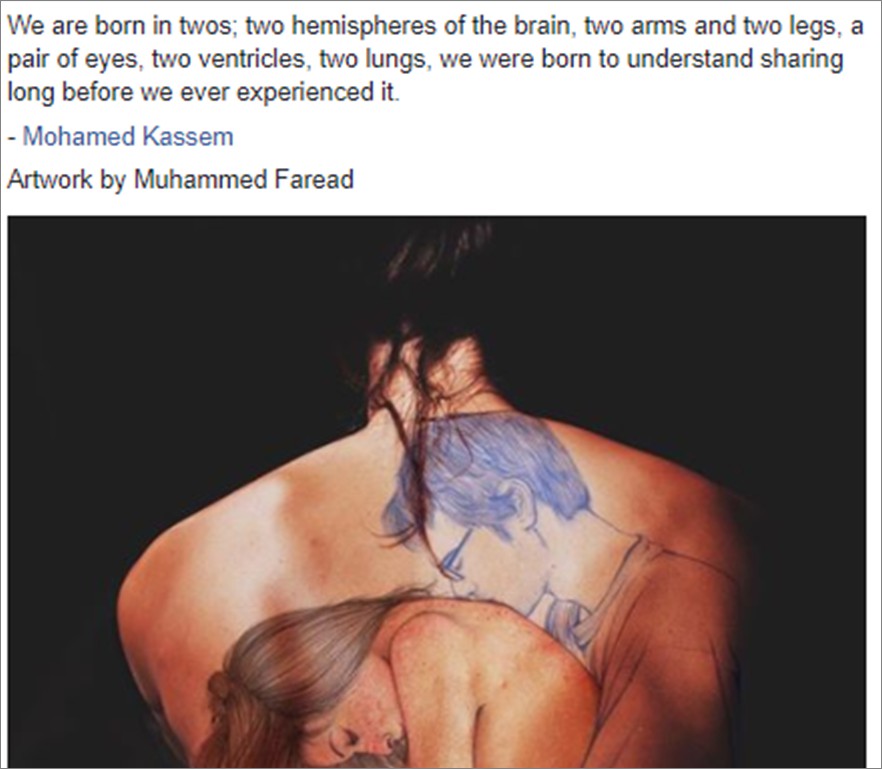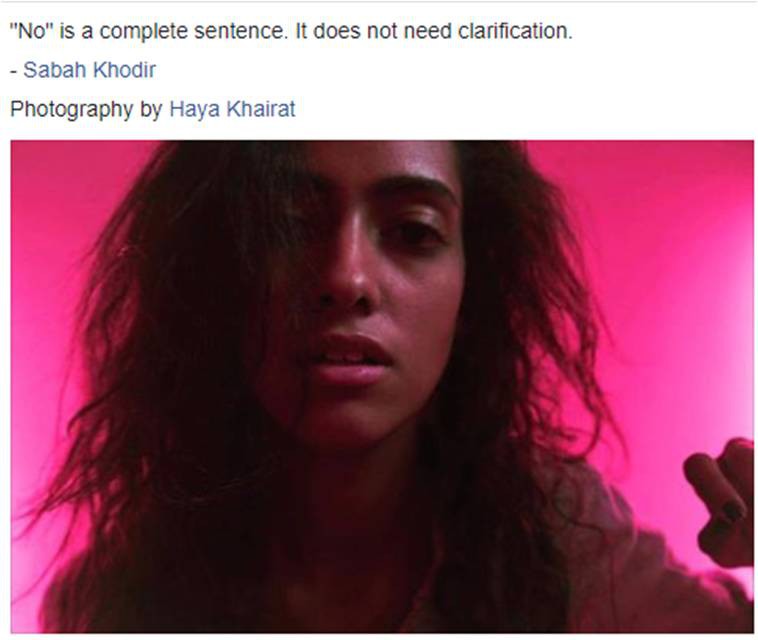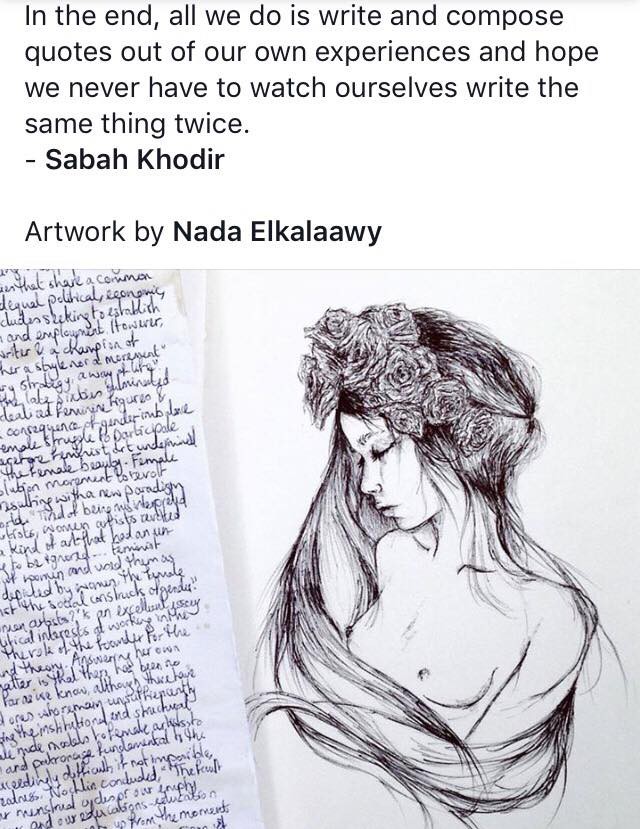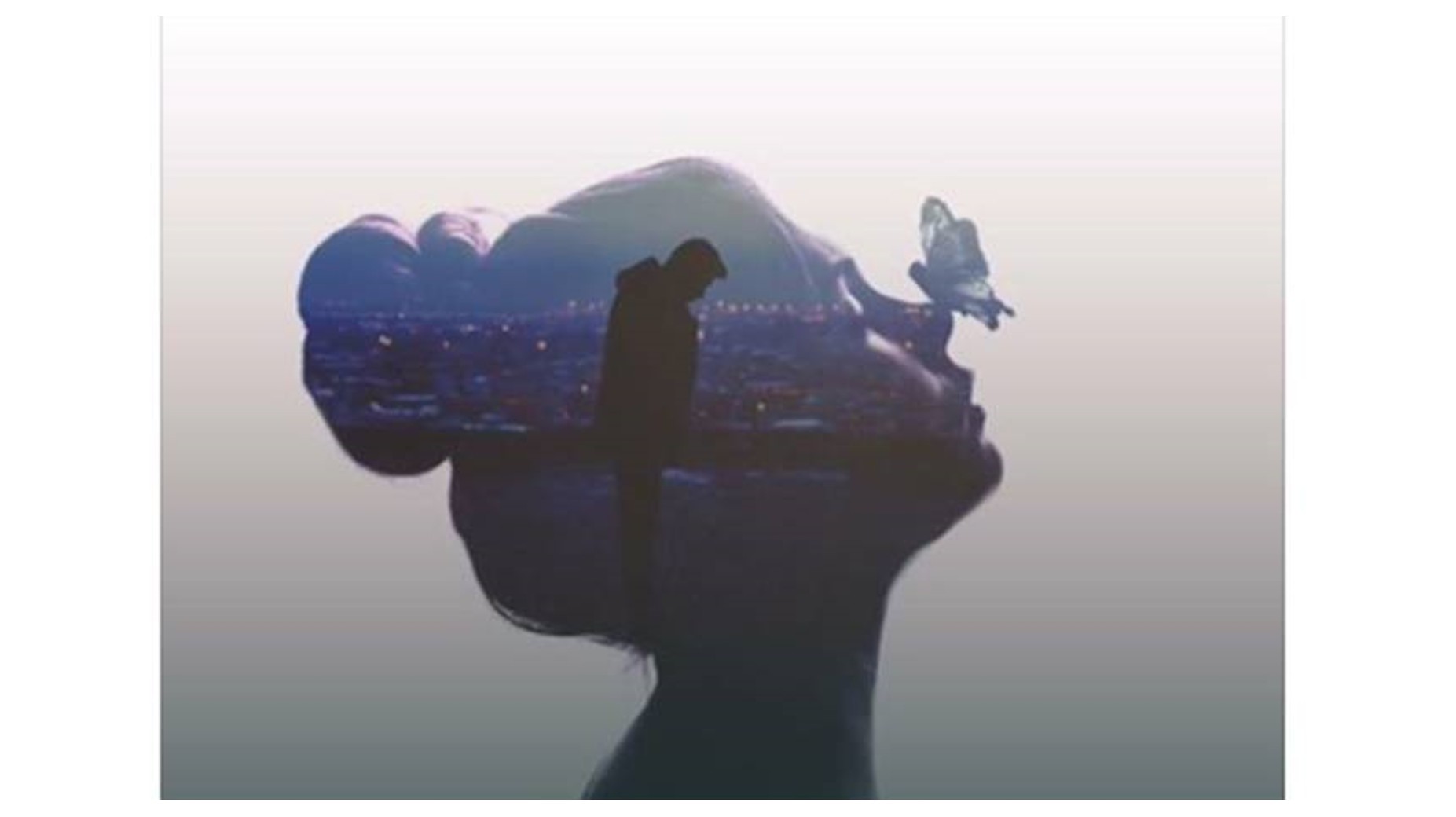Unbeknownst to many of us, Egypt has a burgeoning world of artists, from poets to photographers to painters, fighting for a space to show off their creative talents and use art to transform our surroundings. The Facebook Page, End Quote, has been created to bring this often dramatic, boundary-pushing world to light. We spoke to co-founder and talented poet Sabah Khodir about her journey to bring local poetry and artwork the attention they deserve.
This must-follow Facebook page has been around for around a year now, what inspired you to create it in the first place?
End Quote was my first real project to show my love for art and poetry, it was a way of challenging the perceptions of Egypt, especially of Egyptian women as primitive.
My co-founder Mohamed and I knew so many artists and photographers who had no platform to show their art. So I told him, let’s make a page to support artists in Egypt, even if we just get two likes it doesn’t matter because people will have a space to be creative.

What has the response to End Quote been?
The response was amazing, it had a very viral reception, starting a wildfire. The first two days we were getting thousands of followers, with people all over Egypt asking if we could post their work.
We do get some negative comments though, especially when it is me writing as opposed to Mohamed. When I am writing any form of women’s empowerment message, I usually get comments and even threats from men. One time, I wrote about rape in Egypt and some guy wrote to me saying that judging by my profile picture, I look like I deserve to be raped, and he would rape me if he saw me in the street.
This is what needs to happen, people need to get irrationally angry for me to feel like things they don’t understand are starting to happen.
What is the power of art for the audience?
When artists start exposing themselves as real human beings that make mistakes and have needs, people can relate. They see that it isn’t just them sitting there questioning their beliefs and wondering if they have a hand in who they can be. The images we show liberate people, helping them to realise that the world around them is parallel to how they are feeling.
“How can I ask people to be brave and courageous about who they are and about making changes, if I can’t do it myself.”

What is the power of art for the artist?
It can be brutal telling people who you are, and when you are an artist you are just sharing it with everyone. Art has empowered women to speak about their bodies. Men have started talking about how they might be feminine. I have artists who are gay or lesbian and are finding ways to try and express this through their art. It is beautiful to see people rejecting the boxes that they are put in.
Artists like Salma El Kashef, Haya Khairat and Nada Elkalaawy are so brave. They post pictures of women more naked than not, and show a lot of themselves in their work. Art has allowed them to get out there and be themselves.
Sometimes when I write, I stop and think, I can’t post this, it is going to cause a problem. I have to force myself to, because how can I ask people to be brave and courageous about who they are and about making changes, if I can’t do it myself.
What issues do artists face in Egypt that hold them back?
We are dipping our toes in the water and seeing how much we can get away with, but there are issues like homosexuality that we haven’t even been able to properly discuss. Sometimes I will post a picture of a girl with subtle nudity and immediately the picture will go viral. Then I will get a message from the photographer saying that the girl would like us to take the picture down.
Sometimes my parents read my work and they will come into my room saying that their friends have been calling them saying that I’m not a virgin, and that I drink and that I am sexually open, and that in America it would be okay but I can’t do this in Egypt. I have told my father that if I am going to write I am going to be honest.
“This is a kind of revolution without bloodshed or aggression.”
With growing attention to art, what do you think the future holds for Egypt?
This generation is ready for a change. Young people today are definitely taking more risks and pushing boundaries in every social class. Most of my fanbase are women, which just shows how ready women are for a gender revolution and to get out there and speak.
Artists need to stop being sorry and apologetic, even when there is backlash. This is a kind of revolution without bloodshed or aggression, but it needs some bravery and standing your ground.
What is the future for End Quote?
I want to see more Arabic in End Quote. I can’t read Arabic poetry, but I have heard it, and the words are so beautiful.
I also would love to transform it into a platform for the whole region. I am sure that in Arab countries facing war and poverty, End Quote can be used as a place for them to be seen.
Check out End Quote’s Facebook page here.

Feature Image credits: Muhammed Faread

